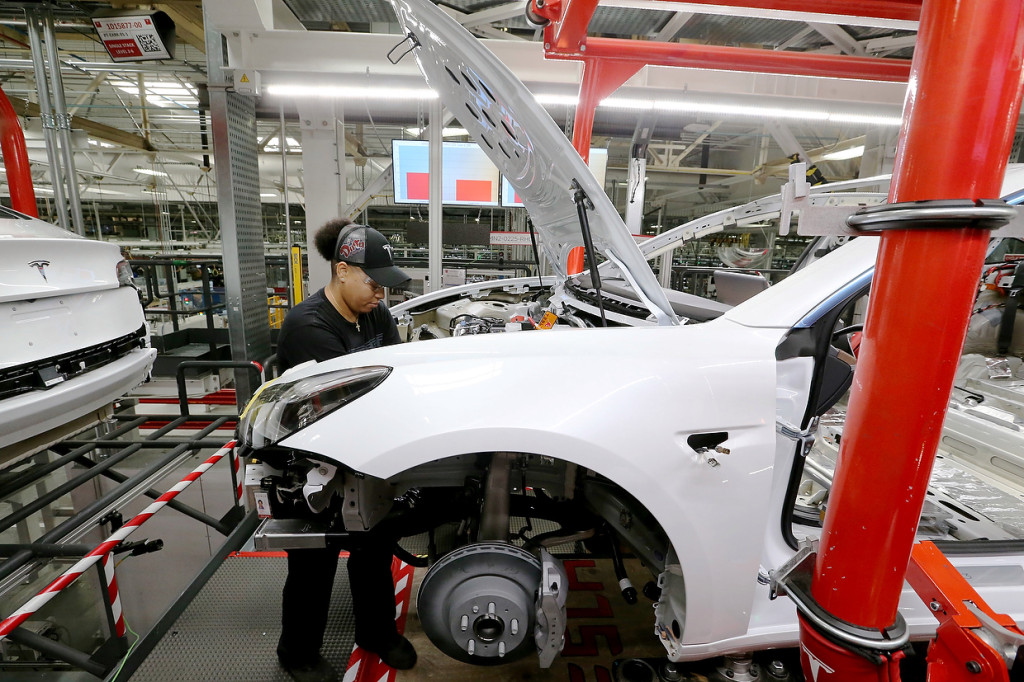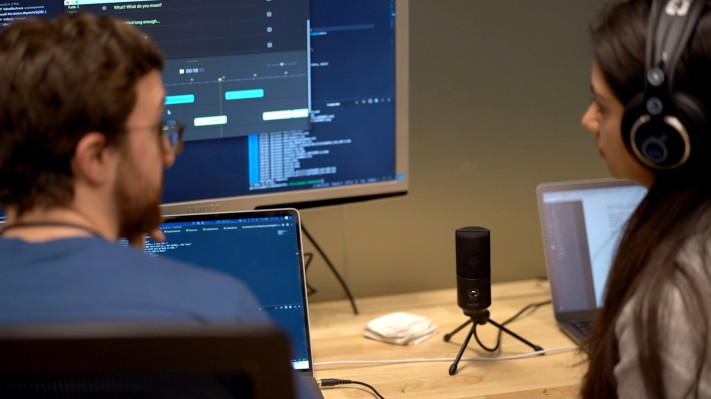So far, it hasn’t been a happy start to the new year for Tesla.
![]() The electric carmaker’s shares plunged nearly 10 percent Wednesday after reporting that fourth-quarter vehicle deliveries fell short of Wall Street analysts’ forecasts. Tesla said that for the quarter, it delivered 90,700 cars, including 63,150 Model 3 vehicles.
The electric carmaker’s shares plunged nearly 10 percent Wednesday after reporting that fourth-quarter vehicle deliveries fell short of Wall Street analysts’ forecasts. Tesla said that for the quarter, it delivered 90,700 cars, including 63,150 Model 3 vehicles.
While those delivery figures both grew over what Tesla reported for its third quarter, the results disappointed investors who were banking on the company selling even more cars during the holiday shopping season at the end of the year.
Analysts surveyed by FactSet had forecast Tesla to deliver 92,000 total vehicles during the quarter; Model 3 deliveries were pegged at 64,900 cars.
“Tesla has always been a company living on the edge financially, and it’s done a good job maneuvering the tightrope so far,” said Clement Thibault, senior analyst at Investing.com. “But any additional pressure on its profit and cash flow could create real problems for the company.”
Additionally, Tesla also cut the price of its Model 3, Model S and Model X cars by $2,000 “to partially absorb the reduction of the federal EV (electric vehicle) tax credit” that dropped from $7,500 to $3,750 on Jan. 1. That credit will drop again by 50 percent, to $1,875 six months from now.
Ben Kallo, an analyst with Baird, said that Tesla’s price cut is likely to increase concerns about demand levels for the company’s cars. However, Kallo countered that thesis by saying the move is more likely designed to expand the addressable market for Tesla’s cars, which still commonly come with a price tag of more than $55,000.
“Demand concerns are overblown,” he said. “We think the company has several levers to drive additional Model 3 sales, including shipping to international markets, (which is) expected in February, and introduction of leasing options (and) lower cost variants.”
Tesla said it delivered a total of 245,240 vehicles in 2018, which the company said was almost as many cars as it delivered in all previous years combined.
Gene Munster, managing partner at Loup Ventures, said that despite what appeared to be a setback for Tesla on Wednesday, the company’s greater business opportunities remain intact.
“These developments are psychological setbacks for investors looking to gain confidence in Tesla production and underlying demand,” Munster said. “But the news does not fundamentally change the company’s long-term opportunity related to EV, renewable energy, autonomy, and ride-sharing.”
Tesla shares recovered some of their initial losses, but they still remained down by 8.5 percent, to trade at $304.60 early Wednesday. For all of 2018, Tesla shares rose by almost 7 percent.










